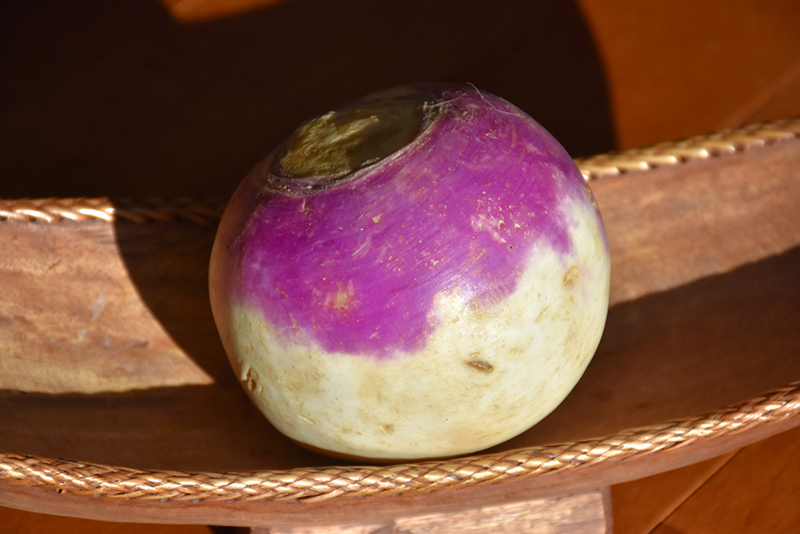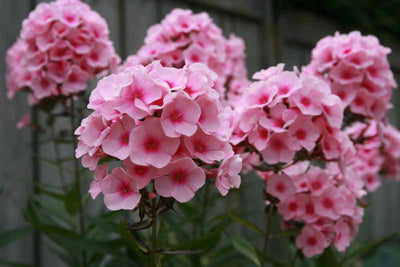Plant Library
Purple Top White Globe Turnip
Brassica rapa 'Purple Top White Globe'
Height: 14 inches
Spacing: 3 inches
Sunlight:
![]()
Hardiness Zone: (annual)
Description:
White below soil line and bright purple on top, this heirloom variety is well know and loved; mild and sweet, great for cooking, canning and freezing; large, lobed greens are edible and delicious when cooked; best when grown and harvested in cool weather
Edible Qualities
Purple Top White Globe Turnip is an annual vegetable plant that is commonly grown for its edible qualities. It produces purple round roots with white undersides which can be harvested at any point. The roots have a mild taste and a crunchy texture.
The roots are most often used in the following ways:
- Eating When Cooked/Prepared
- Cooking
- Pickling
- Canning
- Freezing
Planting & Growing
Purple Top White Globe Turnip will grow to be about 14 inches tall at maturity, with a spread of 6 inches. When planted in rows, individual plants should be spaced approximately 3 inches apart. This fast-growing vegetable plant is an annual, which means that it will grow for one season in your garden and then die after producing a crop.
This plant is typically grown in a designated vegetable garden. It should only be grown in full sunlight. It does best in average to evenly moist conditions, but will not tolerate standing water. This plant is a heavy feeder that requires frequent fertilizing throughout the growing season to perform at its best. It is not particular as to soil pH, but grows best in rich soils. It is somewhat tolerant of urban pollution. This is a selected variety of a species not originally from North America, and it is considered by many to be an heirloom variety.
Purple Top White Globe Turnip is a good choice for the vegetable garden, but it is also well-suited for use in outdoor pots and containers. It is often used as a 'filler' in the 'spiller-thriller-filler' container combination, providing the canvas against which the larger thriller plants stand out. Note that when growing plants in outdoor containers and baskets, they may require more frequent waterings than they would in the yard or garden.





